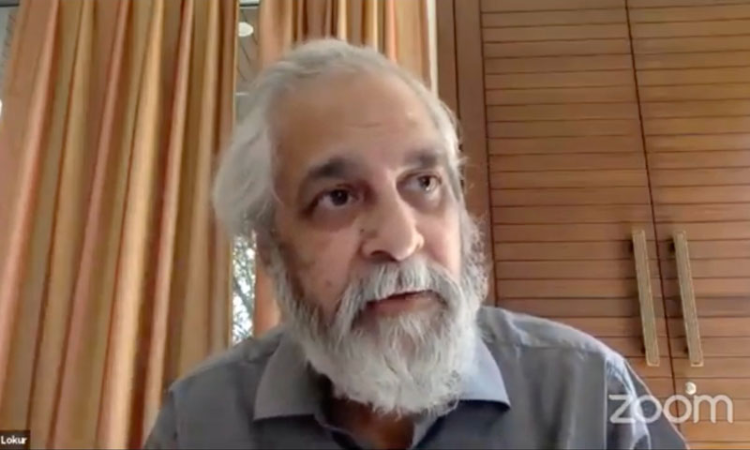Justice Madan B Lokur, former judge of the Supreme Court, spoke about the need to strengthen the virtual court system in a Webinar held on judicial reforms on Wednesday."Physical court hearings cannot be done away with, but virtual courts must be strengthened", he said.He was speaking in an interactive session organized by BeyondLaw CLC and UILS, Punjab University, Chandigarh. The...

